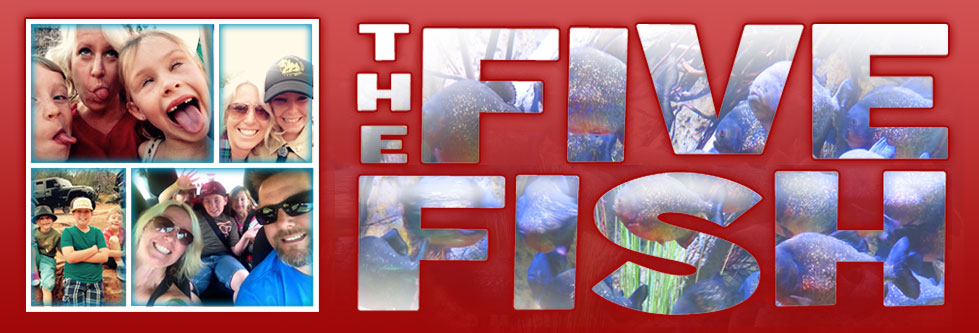What’s your favorite television medical show? Do you go for something light like “Scrubs†or “Doogie Howser, MD?†Maybe you’re all about the drama and you love “ER,†“Grey’s Anatomy,†“House†and “Nurse Jackie.†Who could forget “M*A*S*H†with its mix of comedy and drama that made it speak uniquely to so many? Ask anyone in the healthcare profession and you’ll discover that our favorite medical TV shows get a lot right – and a lot wrong. Take being a doctor, for example. It’s not all sarcastic quips like Alan Alda delivered as Captain Hawkeye Pierce or stellar dance routines ala Donald Faison as Turk. You’ll need to look to someone more like Rachel Tobin Yale class of 2015 to discover what a doctor’s true day looks like.
Regularly Scheduled Program
There’s no such thing. A doctor’s day hinges on so many different variables. First, has the doctor finished residency? Doctors still in their residency program work long hours in any number of different locations and medical specialties depending on their assignments. Often, you’ll find residents crashed out asleep while on duty in the hospital because they simply don’t have time to go home to get their needed rest before they report for their next shift. Surgeons can work an average of 60 hours a week, depending on whether they’re on-call and what emergency surgeries arise. Primary care physicians can expect to log almost the same, while specialists have a more normalized schedule of around 45 average hours per week.
What’s in It for Me?
Where a doctor works makes a huge impact on their day, as well. As you can imagine, a surgeon in an urban location logs more time on the clock than a local physician in a small town. While each position has its’ drawbacks, they have benefits as well. Most people in any part of the medical field will tell you a big part of the reason they do what they’ve chosen to do is they want to help people. Admirable, yes, but the desire to help and make a positive difference in others’ lives feeds part of their souls. A busy, urban surgeon gets satisfaction from a well-performed surgery. That small-town doctor enjoys getting to know his or her patients beyond just their immediate medical concerns. Oncologists may use their profession as a way to honor someone in their lives who fought cancer. Physical therapists celebrate each time a patient reaches a personal milestone.
The medical profession is challenging, but also very rewarding.






